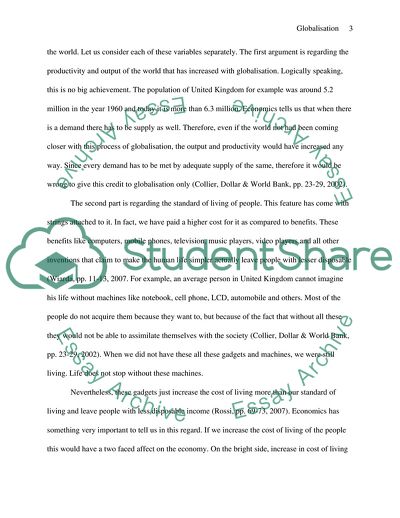Cite this document
(The Impact of Globalisation Case Study Example | Topics and Well Written Essays - 1250 words - 2, n.d.)
The Impact of Globalisation Case Study Example | Topics and Well Written Essays - 1250 words - 2. https://studentshare.org/sociology/1735392-globalisation
The Impact of Globalisation Case Study Example | Topics and Well Written Essays - 1250 words - 2. https://studentshare.org/sociology/1735392-globalisation
(The Impact of Globalisation Case Study Example | Topics and Well Written Essays - 1250 Words - 2)
The Impact of Globalisation Case Study Example | Topics and Well Written Essays - 1250 Words - 2. https://studentshare.org/sociology/1735392-globalisation.
The Impact of Globalisation Case Study Example | Topics and Well Written Essays - 1250 Words - 2. https://studentshare.org/sociology/1735392-globalisation.
“The Impact of Globalisation Case Study Example | Topics and Well Written Essays - 1250 Words - 2”. https://studentshare.org/sociology/1735392-globalisation.


